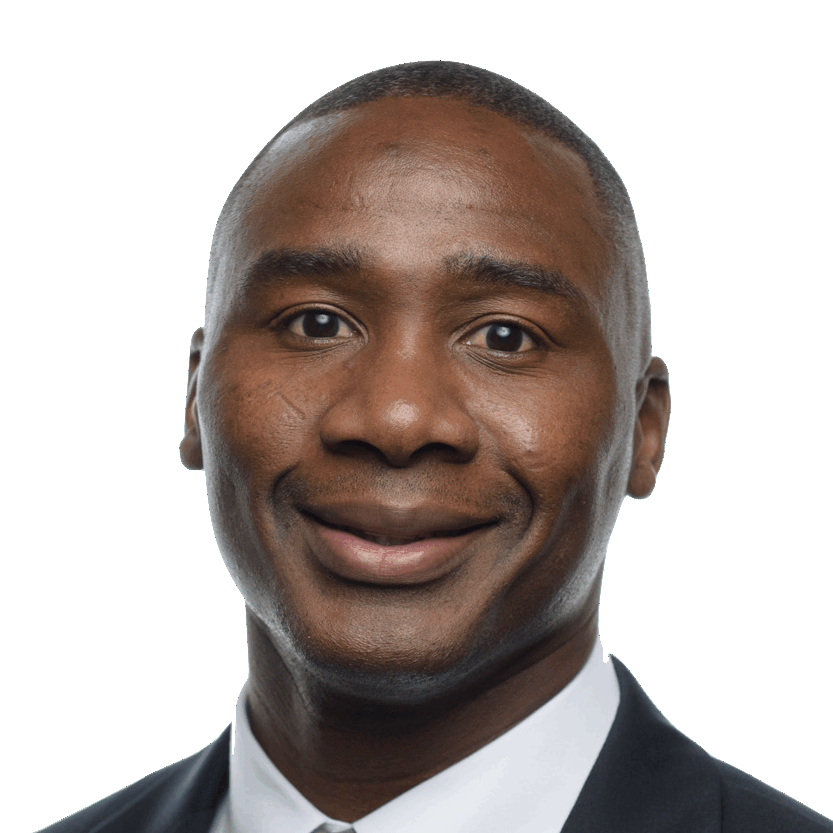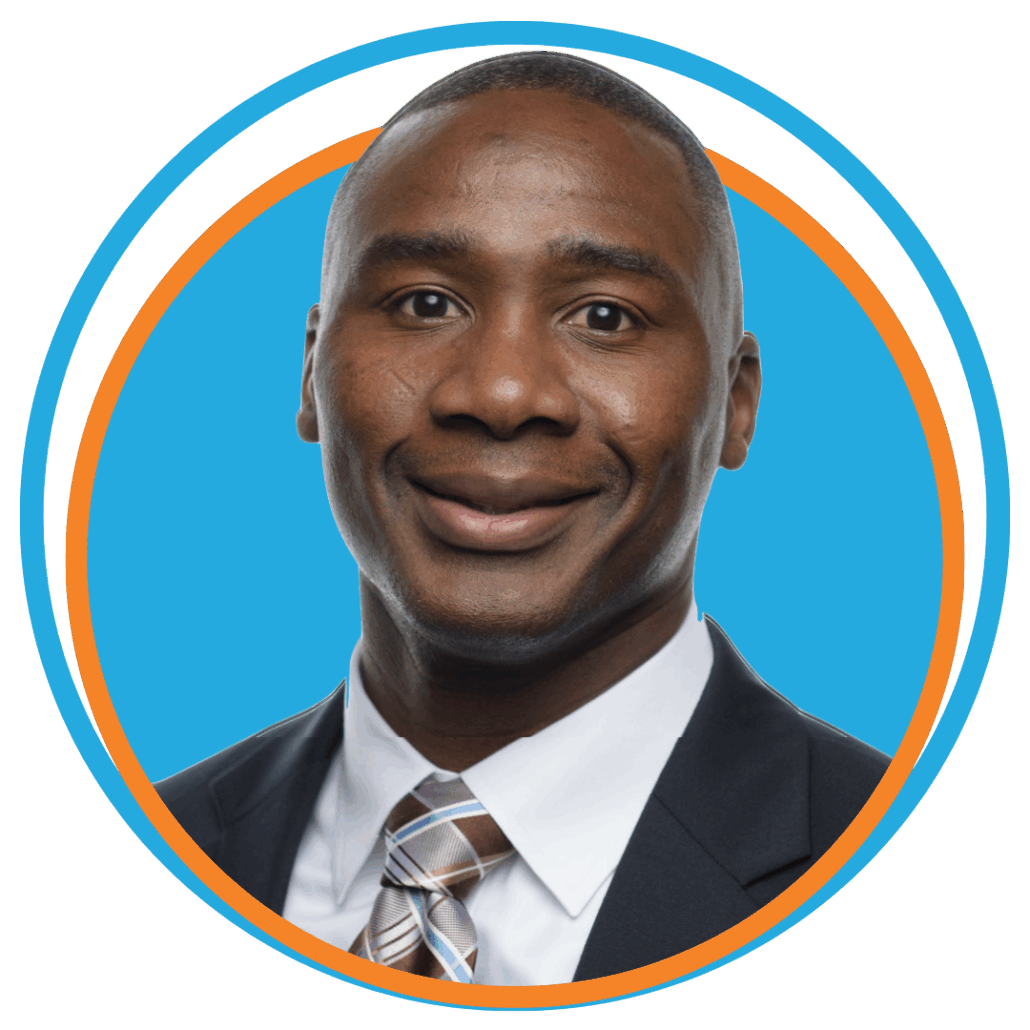[et_pb_section fb_built=”1″ admin_label=”section” _builder_version=”4.21.2″ custom_padding=”20px||20px||true|false” global_colors_info=”{}”][et_pb_row admin_label=”row” _builder_version=”4.16″ background_size=”initial” background_position=”top_left” background_repeat=”repeat” global_colors_info=”{}”][et_pb_column type=”4_4″ _builder_version=”4.16″ custom_padding=”|||” global_colors_info=”{}” custom_padding__hover=”|||”][et_pb_text _builder_version=”4.21.2″ _module_preset=”default” global_colors_info=”{}”]
Have you ever wondered which learning skills are indispensable for student success? I guess our answer to this question hinges upon how we define student success.
When I think of student success, I imagine students whose skills cut across academic disciplines. To me, successful students don’t just pass tests; they absorb the essence of a course. Yes, they know their course content, but they finish each course with far more than content knowledge. When I think of successful students, I’m reminded of Sam.
Sam is a former Lenoir-Rhyne University student I once hired as a tutor for a course she had not taken. I hired her because a professor convinced me she could do the job. When I interviewed Sam, she laid out a plan for how she would assist her tutees.
As it turned out, her ability to help students efficiently separate irrelevant information from essential content and her skill at helping tutees convert content into academic products were probably her most valuable assets.
Sam is one of only two students I’ve ever encountered who naturally possessed these abilities. (The other was a student at the University of California at San Diego.)
Because of her impressive skills, Sam joined me as a co-presenter at the National College Learning Center Conference in 2013.
Since 2015, I’ve helped hundreds of students and professionals improve student learning and performance in some very demanding courses. The foundation for their work was an ability to distinguish and ultimately synthesize content-learning skills, cognitive skills and conceptual skills.
[/et_pb_text][et_pb_text _builder_version=”4.21.2″ _module_preset=”default” text_font=”|700||on|||||” text_text_color=”#215921″ text_font_size=”18px” global_colors_info=”{}”]
The three types of academic skills
[/et_pb_text][et_pb_text quote_border_color=”#215921″ _builder_version=”4.21.2″ _module_preset=”default” link_font=”|700|||on||||” link_text_color=”#215921″ global_colors_info=”{}”]
Content Skills
Content skills are lower-level skills that are used to help students locate, organize, store, and recall information. Using flash cards, color-coding notes, annotating notes, and rereading are common tactics students use to learn content. Content skills are useful for learning material in individual courses, but they do not promote deep learning, and they provide the least long-term value to students.
Cognitive Skills
Cognitive skills are used to transform information from one state to another. Students who integrate their cognitive skills with their content skills engage in high-quality academic work. In training events, I show participants how to use metacognitive tools such as the ThinkWell-LearnWell Diagram, the Compendium of Thinking Skills, and the Learning Sufficiency Diagram to transform isolated content into measurable outcomes. I’m always impressed by how quickly participants activate their cognitive skills and how they report using these skills across all of their courses.
Conceptual Skills
Conceptual skills are holistic visualization skills that allow students to work abstractly. Students with advanced conceptual skills strategically align the daily course content with the course’s tasks and general learning outcomes. They work more productively, learn more meaningfully, and produce higher-quality academic products in less time than their peers.
Professionals and student assistants frequently share stories of how activities such as Decoding Course Outcomes, Defining Academic Tasks, and using Metacognitive Academic Smart Goals have proved handy at helping them equip students to develop their academic conceptual skills. And I have witnessed several do-it-yourself students use these experiences to develop their own conceptual skills.
Conceptual skills are goal-oriented, highly transferable across academic disciplines and valuable throughout life in general. In fact, recent research suggests that the world is advancing beyond the Information Age toward the Conceptual Age. Graduates who possess strong conceptual skills will be greatly rewarded in the new economy.
Students who learn to activate these three skills become transformed learners. The following comments are feedback on an assignment from two recent metacognitively trained learners.
The personal metacognitive work that I’ve done so far has impacted the way I think outside of class, study, and do academic work. When I am outside of class, I will look over my notes and think about how what I am learning connects to other things that I have learned and am learning in other classes. Additionally, I have found myself creating my own ideas and really thinking about a topic in a more abstract way… My new approach is definitely more abstract, creative, and thoughtful, as opposed to just trying to memorize and understand information at a baseline level.
– JUNIOR
I have realized that in the work I have been doing in my classes thus far, I am being a bit more critical and asking questions that end up being beneficial in the end. I have found myself being more engaged in my classes and speaking to professors more. A lot of the work I have been doing right now in the semester has been really heavy reading wise. I have noticed myself analyzing and evaluating more, and allowing myself to move away from just remembering what I read but being able to discuss the readings in class and interpret the writer’s work.
– SOPHOMORE
[/et_pb_text][et_pb_text _builder_version=”4.21.2″ _module_preset=”default” global_colors_info=”{}”]
If you are a student or someone responsible for promoting students’ academic success, then I encourage you to
- Consider how you define student success,
- Decide which academic skill will produce your version of student success, and
- Develop a toolbox of specific resources to use to produce student success.
The following image from our peer-to-peer training course will help you think through this process.
[/et_pb_text][et_pb_image src=”https://thelearnwellprojects.com/wp-content/uploads/2019/09/The-Types-of-Academic-Skills_image-.png” title_text=”The Types of Academic Skills_image” _builder_version=”4.21.2″ _module_preset=”default” global_colors_info=”{}”][/et_pb_image][et_pb_text _builder_version=”4.21.2″ _module_preset=”default” global_colors_info=”{}”]
I would love to hear your response to the following questions.
- Which skills are most common at your college?
- Which skills are most valuable at your institution?
- How are you helping students develop their academic skills?
Reply below.
[/et_pb_text][/et_pb_column][/et_pb_row][/et_pb_section]

